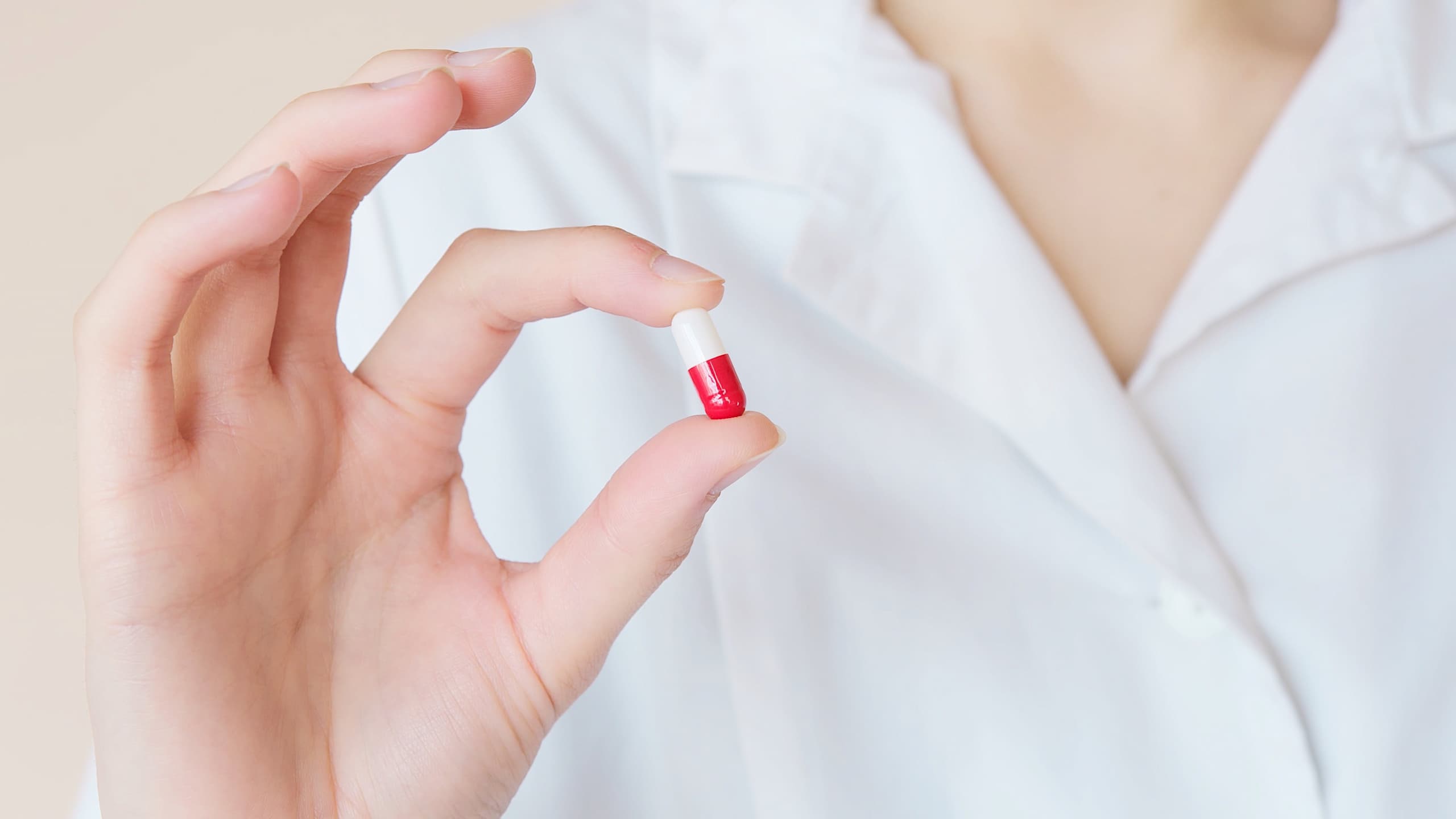Alcohol use disorder (AUD) is a prevalent health concern globally. The treatment of alcohol dependency has evolved with medications like Acamprosate. According to the 2022 National Survey on Drug Use and Health (NSDUH), almost 29 million adults aged 18 and above had AUD in the past year.











